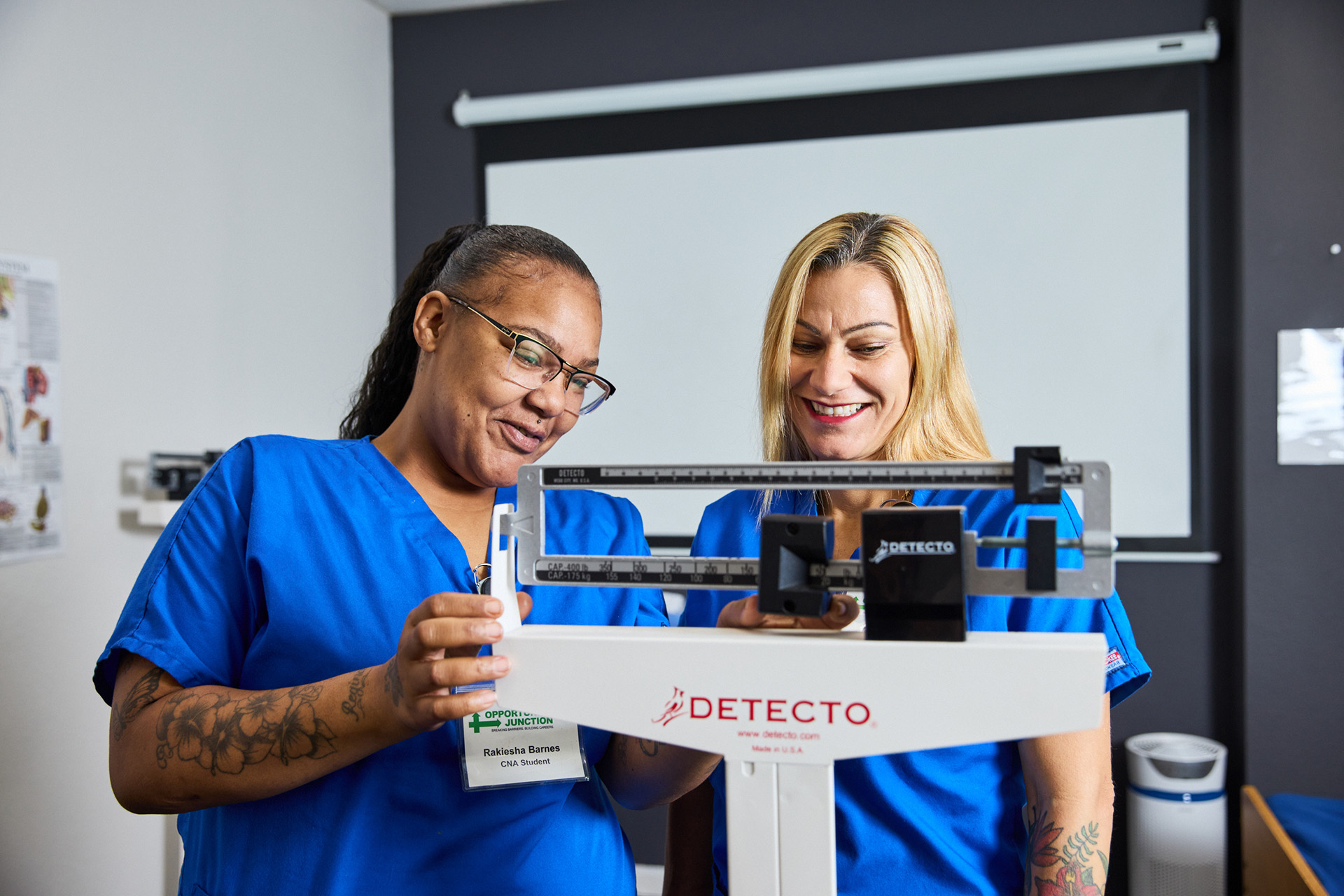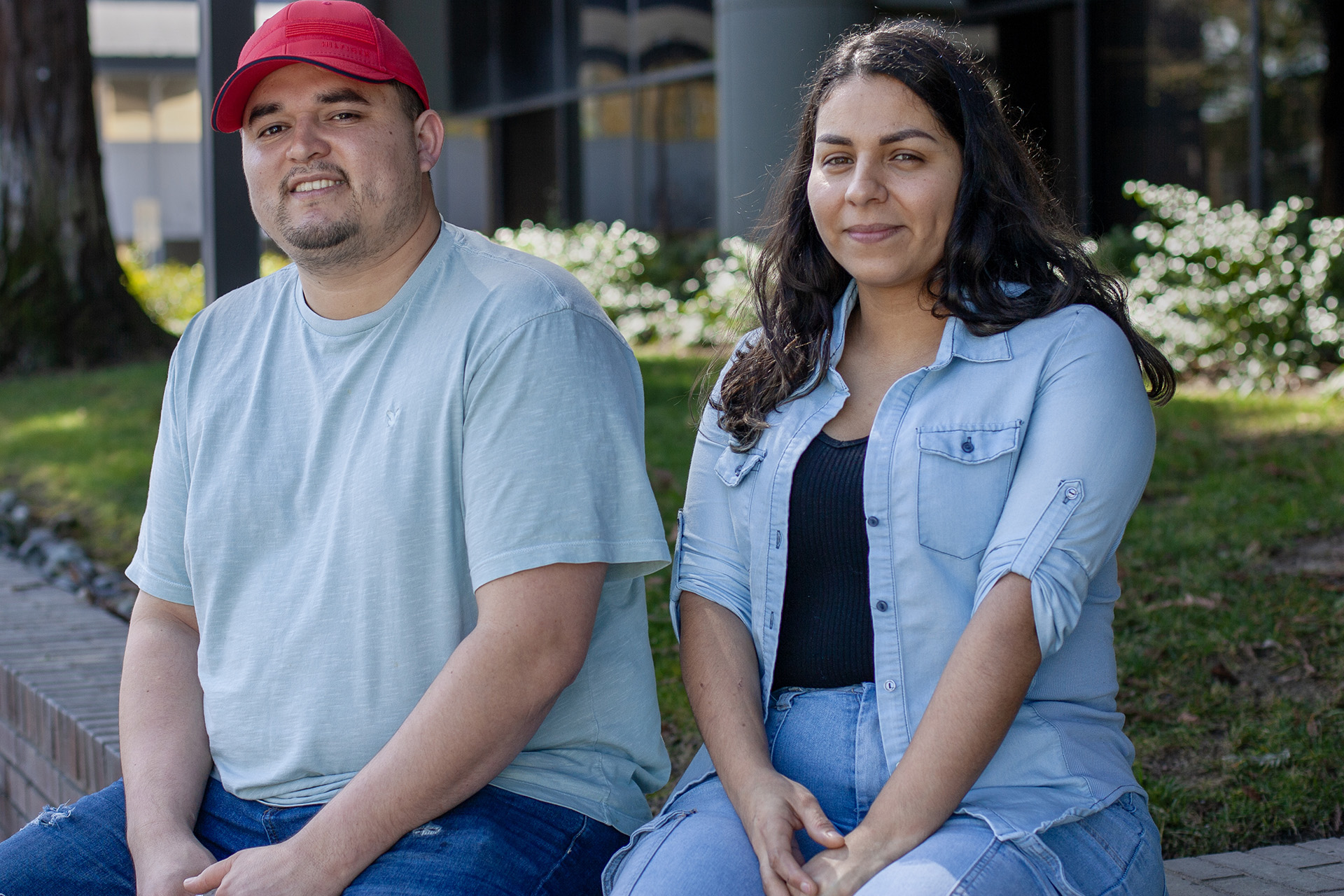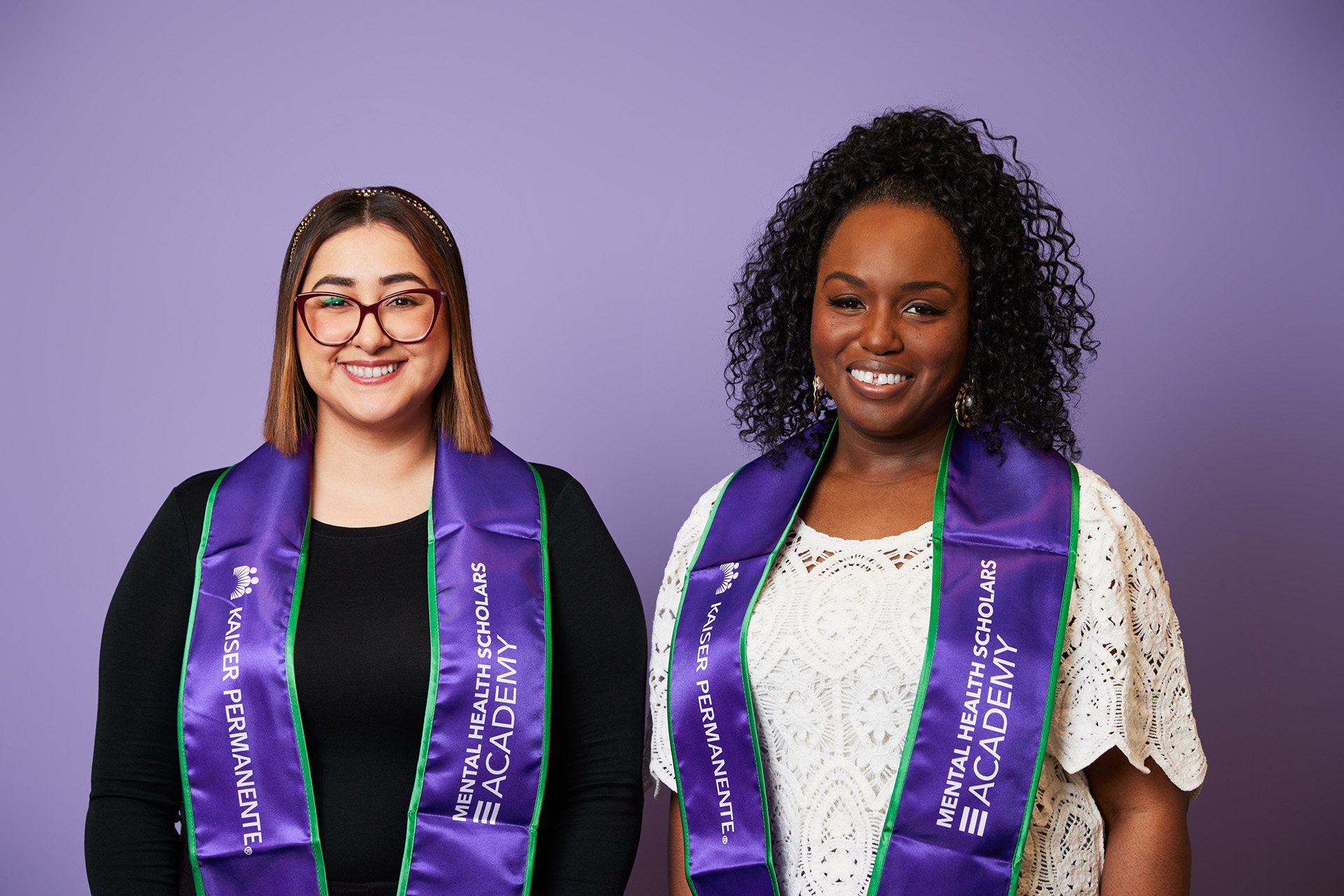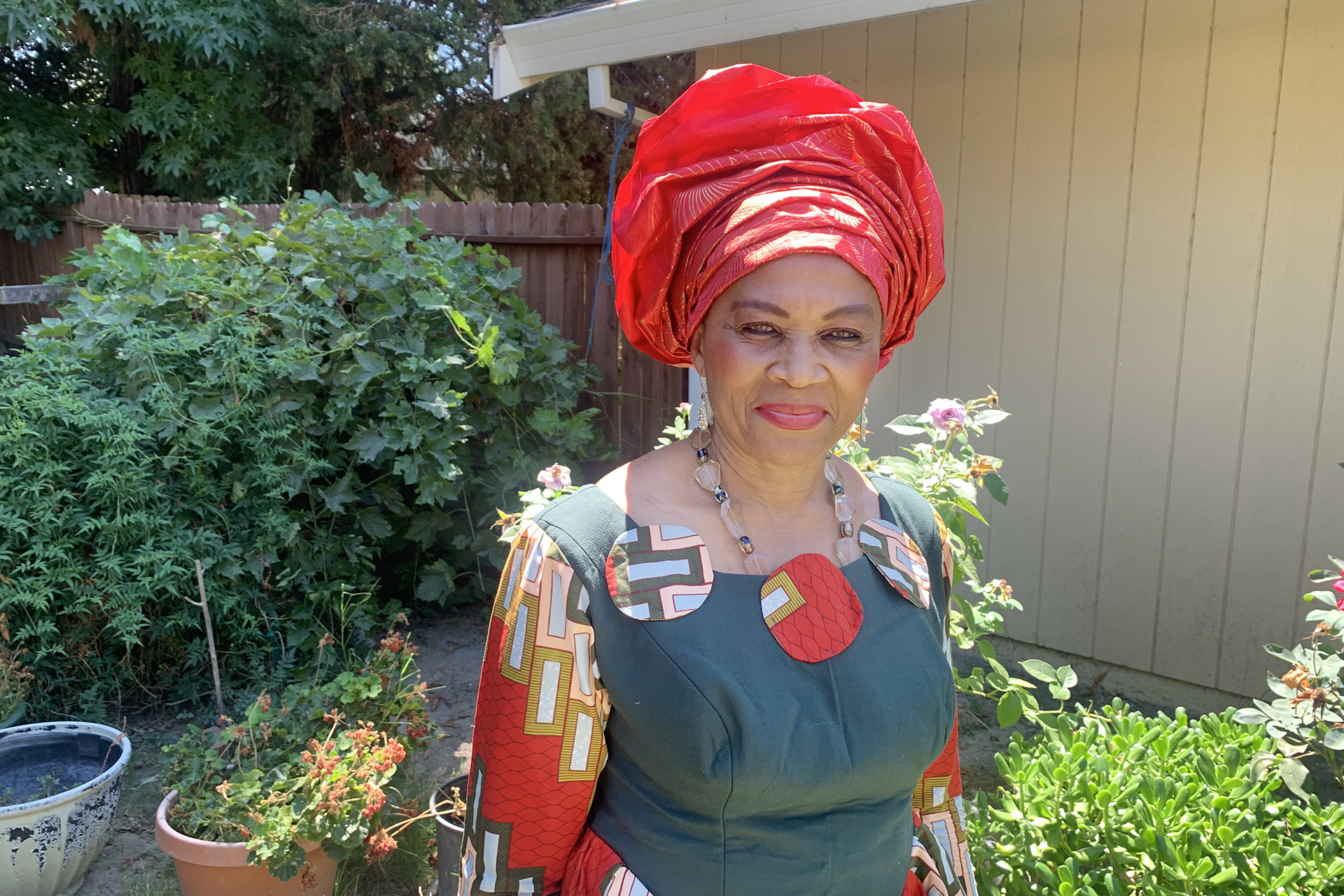When high-school science teacher Selina Mandel welcomed her students back to school, she noticed the anxiety and stress that accompanied them throughout the COVID-19 pandemic didn’t magically disappear.
“After 2 years at home by themselves where they could hide behind a screen or didn’t have to talk, they were going back to school and interacting with others,” said Mandel, a science teacher at the Arroyo High School Academy of Health and Medicine in San Lorenzo, California. “I noticed a lot more hesitancy in general. I wondered what I could help provide that would give them a new tool that might help them in their lives.”
Enter HeartMath, which Mandel remembered from a demonstration during a class field trip to Kaiser Permanente’s Garfield Innovation Center, a simulation and testing lab in San Leandro. The simple techniques created by the HeartMath Institute are designed to decrease stress and increase resilience through breathing and visualization exercises.
Training nurses, Red Cross
Kaiser Permanente first brought HeartMath to its nurses in 2008 as one of the tools used in Caritas, a human caring focused nursing theory. HeartMath tools and techniques are backed by 25 years of scientific research on the psychophysiology of stress, emotions, and the interactions between the heart and brain.
“HeartMath helps nurses be authentically present, resilient, and purposeful when they’re engaging in caring relationships with patients, families, and teams,” said Linda Ackerman, DNP, RN, Kaiser Permanente Northern California Caring Science director and a certified HeartMath trainer.
Originally funded by the medical centers, today HeartMath is supported by Kaiser Permanente’s Scholars Academy with Community Health funding. More than 100 Northern California employees in nursing-related positions are HeartMath-certified trainers helping employees reduce their own daily stress and build resilience. In some instances, nurses in turn use HeartMath with their patients.
Since 2018 Kaiser Permanente certified trainers such as Nikki West, MPH, director of Healthcare Education Management, have trained fellow nurses at 8 local colleges, from University of San Francisco to 5 of the Cal State campuses. A more recent focus is training employees at community organizations such as the Red Cross and La Clinica de la Raza — those at the frontline of everything from devastating Northern California wildfires to community hardships brought about by the pandemic.
“Put simply, with HeartMath you can shift into a healthier state with a technique that can alter your heart rate variability,” said West. “HeartMath is helpful for organizations’ own staff, and also the people they serve.”
HeartMath for teens
Ackerman and West taught HeartMath to 2 of Mandel’s classes via Zoom last May: an 11th-grade human body systems class and a 12th-grade anatomy physiology class.
Mandel prepared her students 2 weeks out by having them create graphs to reflect on their health at the start or the end of each day that they then used in their HeartMath exercises as a basis for finding calm. “Beyond reflecting, the session taught my students to just slow down and re-set,” Mandel said.
Ackerman sparked students’ interest by discussing the effect of long-term stress on their bodies, which as they age can impair memory, waste muscle, and erode the ability to think clearly under pressure.
“HeartMath is a skill that can be used anywhere, anytime,” said West. “It can give a little energy boost any time of the day.”
Contact Linda.Ackerman@kp.org to learn more about HeartMath, including the courses free to Kaiser Permanente employees.





This Post Has 0 Comments